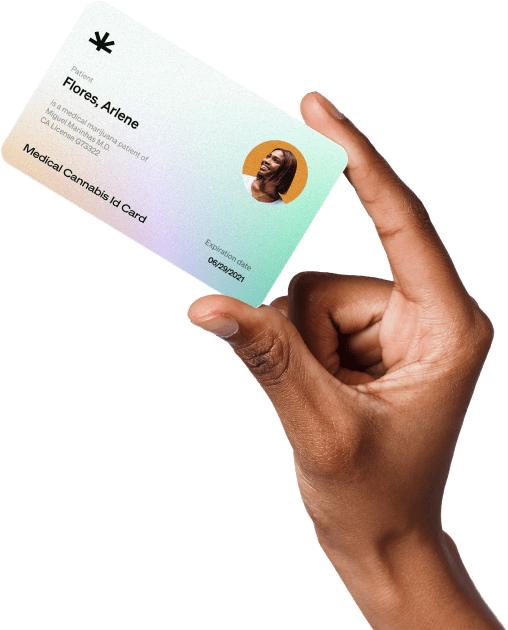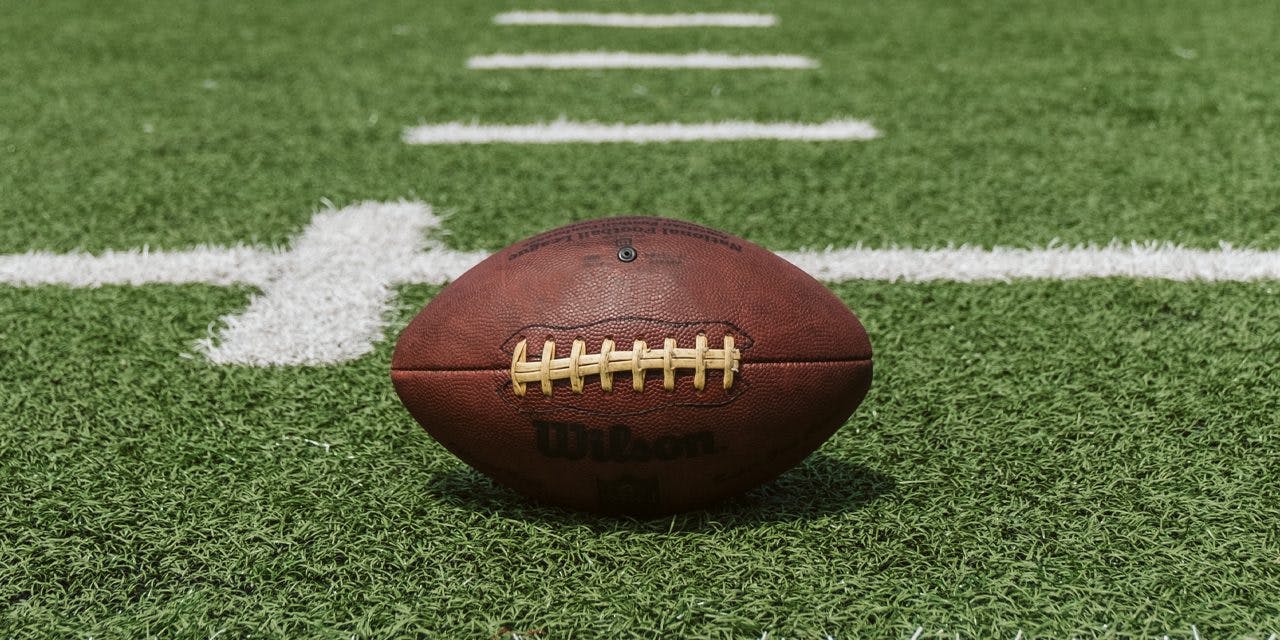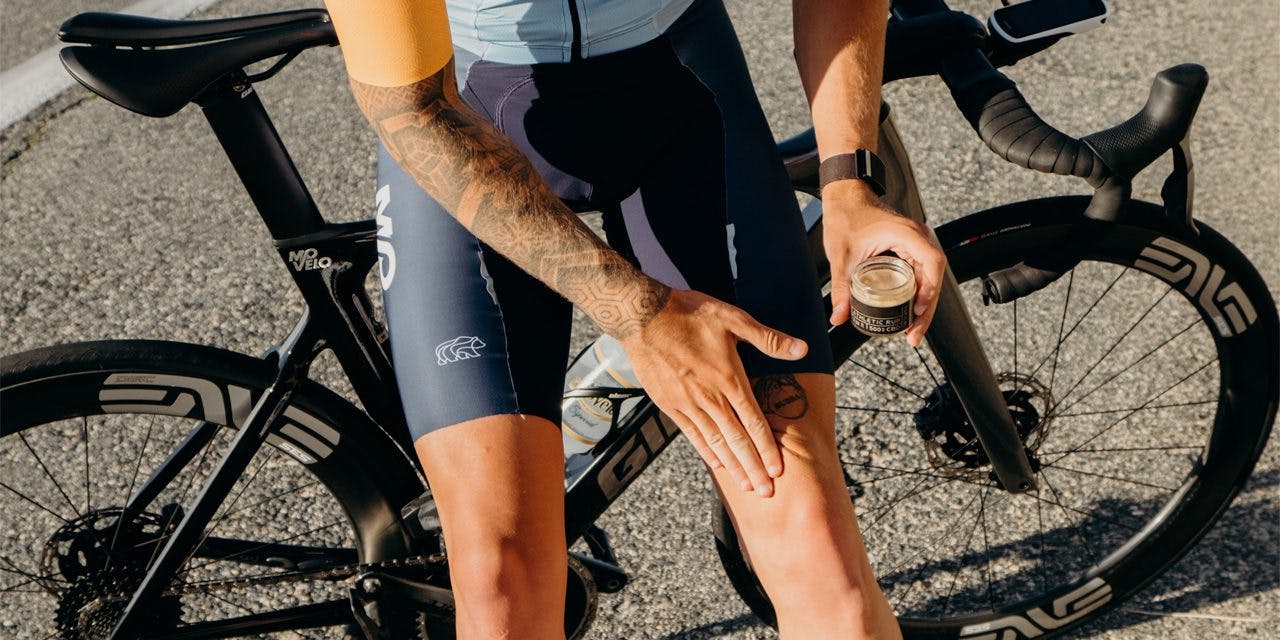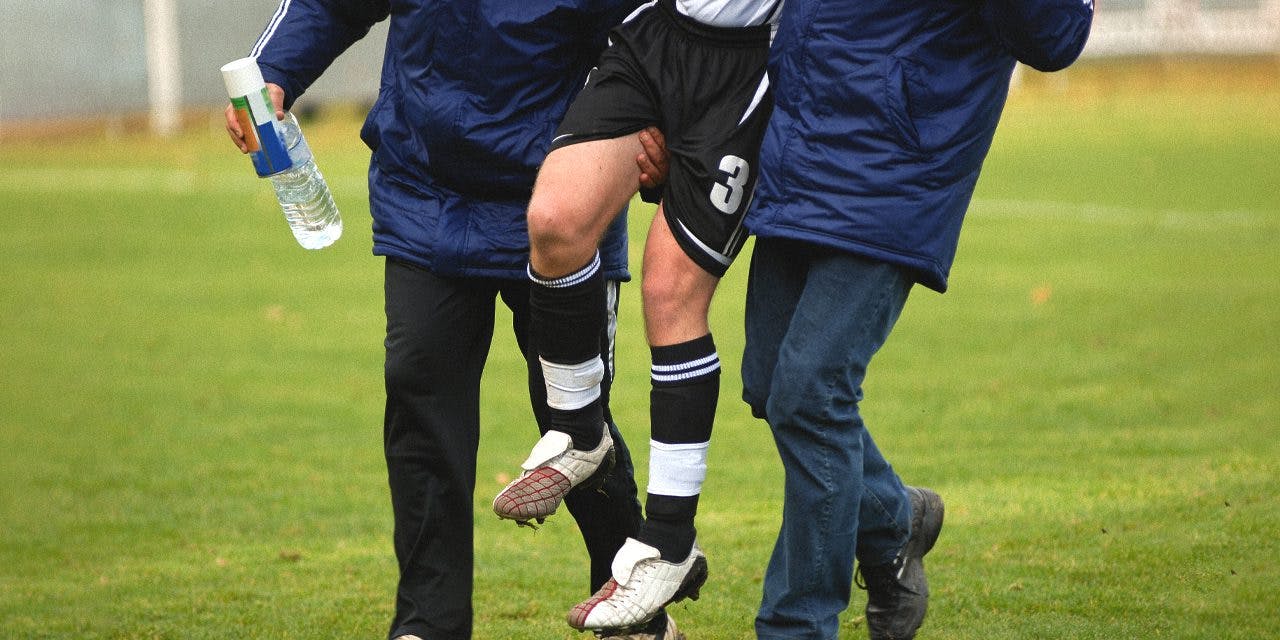Cannabis in Sport: Which Sports Test for Marijuana?
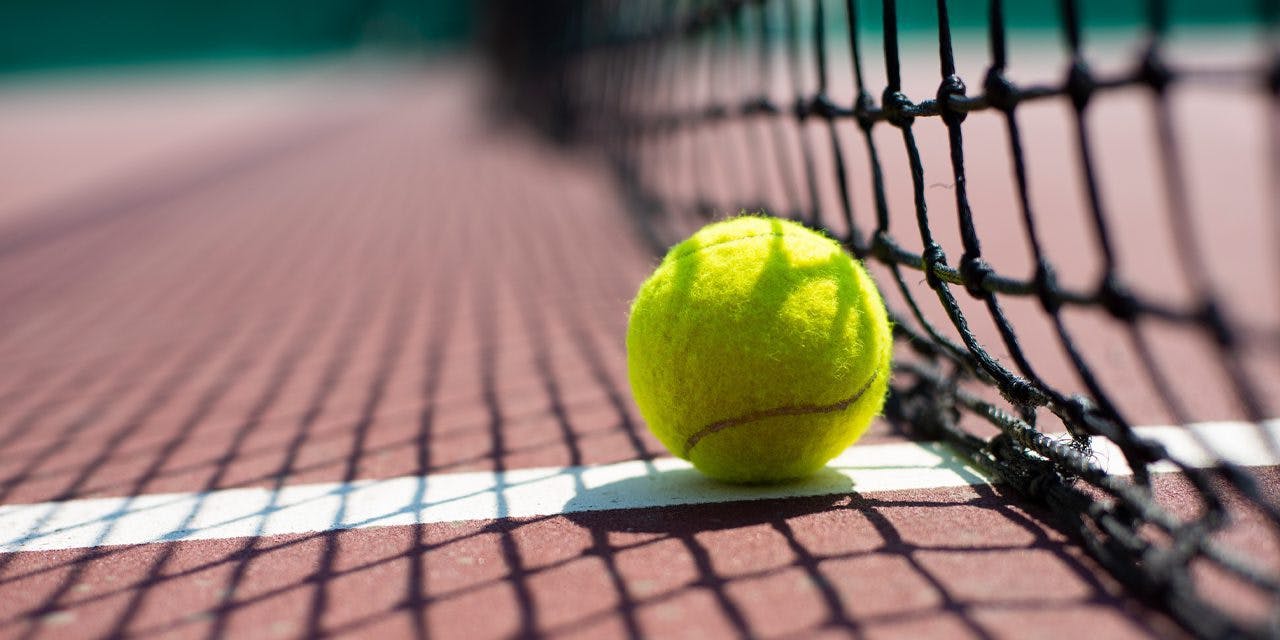
Article written by
Samuel Njoroge
Content reviewed by

Dr. Lewis JasseyMedical Director - Pediatric Medicine
In the world of major league sports, cannabis remains a controversial issue. Many sports test for marijuana and will likely continue to do so. A good example of this is when track and field athlete Sha’Carri Richardson made worldwide headlines in June of 2021 when she was suspended for one month by the World Anti-Doping Agency (WADA) and International Olympic Committee for using cannabis.
It was a devastating decision that led to Richardson missing the Olympics. Her suspension received a lot of backlash because she consumed cannabis in Oregon, a state where recreational marijuana is legal.
And because most teams are based in states like Oregon, where medical or adult cannabis use is legal, there is a lot of conversation around whether sports leagues may be forced to reevaluate their cannabis policies and how they test for recreational drugs.
Get your medical marijuana card
Connect with a licensed physician online in minutes.
Sports Leagues That Test for Marijuana
Despite the recent wave of cannabis legalization, many athletes are still tested for THC. Here are some of the sports leagues that currently test for marijuana.
National Football League (NFL)
The NFL has historically been harsh on cannabis and athletes who use it. These players faced suspensions, life-long bans, and sackings for using cannabis.
While the league still tests for THC, the 2020 Collective Bargaining Agreement (CBA) introduced less punitive and restrictive policies. One example is that players are no longer tested for THC during the off-season from April to August. However, players are still tested for other banned substances during this period.
The new CBA states that players will only be tested for THC during the period between the start of training camp and each team’s first preseason game. This agreement also loosens some of the restrictions players face for using cannabis.
For example, a drug test is considered passed if the athlete has less than 150 nanograms of THC per milliliter. This is equivalent to having used marijuana a week before the test and is a significant improvement from the previous 35 nanogram/mL.
That said, if a player has more than 150 nanograms/mL in their system or proves to be a frequent cannabis user, there can be repercussions. The difference is that the NFL now focuses on treatment and substance-use prevention more than punishment.
Instead of getting suspended, an NFL player caught with THC in their system enters the first stage of an intervention program where a professional assesses their drug use and suggests appropriate measures. If the player fails to comply with the plan provided and gets a second positive test, they are fined and move on to Stage Two of the program.
There is also pressure on the NFL to consider the neuroprotective effects of cannabinoids, as NFL players are prone to traumatic brain injuries.
International Tennis Federation (ITF)
According to the ITF and WADA, cannabis is still a banned substance. That means players are forbidden to smoke, even when competing in states and countries where cannabis is legal.
WADA drug policies categorize all cannabinoids as prohibited substances, meaning any marijuana use is considered illegal doping. The ITF began testing top players in the ’80s for recreational drugs like methamphetamine, cocaine, and marijuana. In 1990, they expanded their list to include steroids and other performance-enhancing substances.
Today, players are not allowed to compete with THC or any other drugs in their system. They are, therefore, subject to drug tests right before major competitions.
The ITF, however, provides an exception for cannabidiol (CBD), a cannabinoid that’s now being used to manage epilepsy, pain, insomnia, and a host of other medical uses.
Free Infographic Guide to Cannabinoids
Major League Soccer (MLS)
The MLS states that all drugs and substances prohibited by WADA are banned. FIFA takes a similar stance.
Soccer players in the MLS are subject to drug tests that may be administered at random places and times after a game, during training, or even at home.
MLS players are also required to screen for drugs off-season. In addition to cannabinoids and opioids, athletes are tested for growth hormones, steroids, and other performance-enhancing substances.
National Collegiate Athletic Association (NCAA)
The NCAA also tests for marijuana, but like the NFL, its restrictions are more lenient. All athletes in member colleges and universities are tested for cannabinoids and other banned substances, though testing positive for less than 140 nanograms of THC doesn’t constitute a serious offense.
That said, athletes that receive their first positive drug test are expected to undergo a treatment and management plan organized by their school. If they don’t comply with the plan and fail a second test, they are liable to miss 25% of regular season competitions and are expected to go through another management plan.
The NCAA doesn’t classify cannabis as a performance-enhancing substance.
Leagues That Do Not Test for Cannabis
There are a number of national sports leagues that have stopped testing for marijuana. Let’s take a look at a few.
National Basketball Association (NBA)
The 2020 NBA Bubble season is one that basketball players and enthusiasts look back to with amusement and pleasure.
For one, it was impressive that the NBA could hold a biosecure (meaning protected against the spread of disease) tournament of its magnitude. Another thing that made the season unique was athletes weren’t tested randomly for marijuana — a policy that has rolled over to subsequent seasons.
The NBA doesn’t conduct random testing for cannabis, even though cannabinoids are still listed as a prohibited substance. The Women’s National Basketball Association (WNBA) has a similar stance on marijuana.
National Hockey League (NHL)
Although the NHL tests players annually for THC, no punitive measures are attached to a positive drug test result. Players with high levels of THC in their bodies are offered a treatment and management plan by the league’s Substance Abuse and Behavioral Health program.
The program treats chronic cannabis use as a health issue like alcoholism. The program exists to help all athletes that may have a problem with regulating marijuana use or any other substances.
Players can accept or decline the treatment offer without consequences for them or their careers. However, they may be liable to a fine or suspension if they do join the program and breach any of its policies.
Major League Baseball (MLB)
The MLB periodically tests players for all sorts of drugs and substances, but marijuana isn’t one of them. As of 2019, the MLB no longer classifies THC as a “drug of abuse.” Neither does it consider the plant a performance-enhancing substance.
Players that test positive for cocaine, fentanyl, opioids, synthetic THC, and other banned substances are referred for treatment before any disciplinary action is taken.
Exceptions for Medical Marijuana
Currently, sports leagues in the United States don’t make any exceptions for medical marijuana. However, in 2019, WADA removed CBD from its prohibited list, meaning athletes can use CBD anytime without consequences.
Hopefully, sports leagues will start making exceptions for medical marijuana patients soon, as there are so many ways that professional athletes can benefit from using cannabis.
For instance, cannabis products may be ideal for treating physical issues that athletes experience due to their grueling and extensive training, not to mention the strain from the actual competitions. This includes sore muscles, spasms, and inflammation, and chronic pain from surgeries, concussions, and other injuries.
Medical marijuana may offer a safe, organic pain management solution and be a natural alternative to pharmaceutical pain medications. This has the benefit of giving your liver and kidneys a break from metabolizing and excreting chemicals from prescription drugs.
Cannabis products may also help relax athletes, boosting sleep and rest. Given that cannabis products are organic and natural, they may be a way of dealing with the opioid crisis that major league sports continue to face.
Is There Hope for Cannabis Use in Sports?
Now that the world is waking up to the medical benefits of cannabis, major league sports may change their drug testing policies surrounding the plant.
The NBA hasn’t tested for cannabis since the Orlando Bubble, and the MLB no longer considers marijuana a drug of abuse. There’s still a long way to go until medical marijuana is legal across the board, but hopefully, change is on the horizon.
Get Your Medical Card
Connect with a licensed physician online in minutes.
Frequently Asked Questions
Why is cannabis banned in sports?
The U.S. Anti-Doping Agency and World Anti-Doping Code advise athletes not to consume marijuana for the following reasons:
- Marijuana may alter the brain’s normal functioning, leading to delayed response times and impaired decision-making. The agency suggests that athletes are likely to injure themselves and others due to this delay in cognitive function.
- Athletes are typically young people that teenagers and impressionable young adults view as role models. The agency suggests teenagers may be convinced to try smoking marijuana if they see their favorite athletes doing the same.
- Marijuana can be considered a performance-enhancement drug as it may alleviate the overall stress athletes endure before, during, and after competitions.
Does cannabis affect athletic performance?
Although WADA still lists cannabis as a prohibited substance, no scientific evidence suggests it improves athletic performance. Unlike steroids and other performance-enhancing substances, cannabis doesn’t necessarily make people faster, stronger, or bigger.
Is CBD banned in sports?
In 2019, the WADA removed cannabidiol from its prohibited list. However, since CBD products may be contaminated with THC, the agency advises that all athletes exercise caution regarding CBD use.
